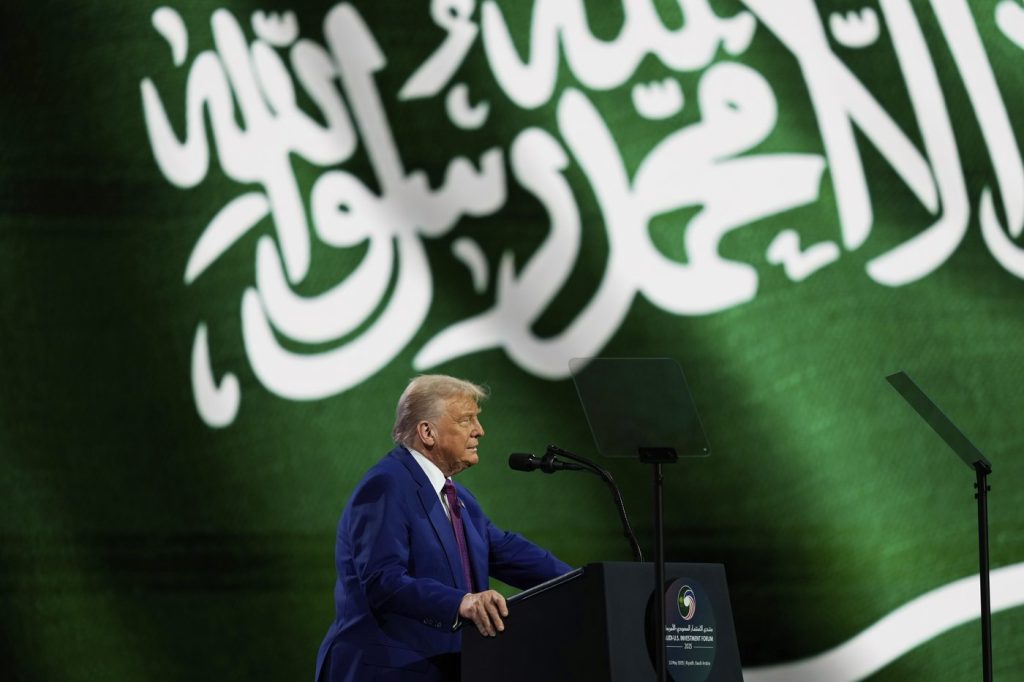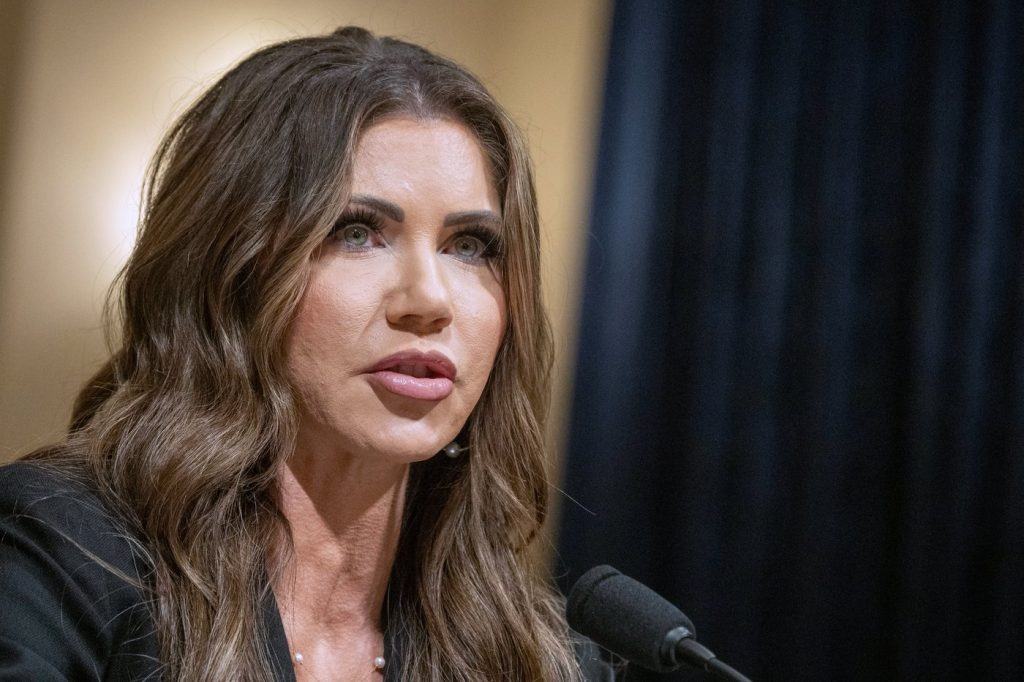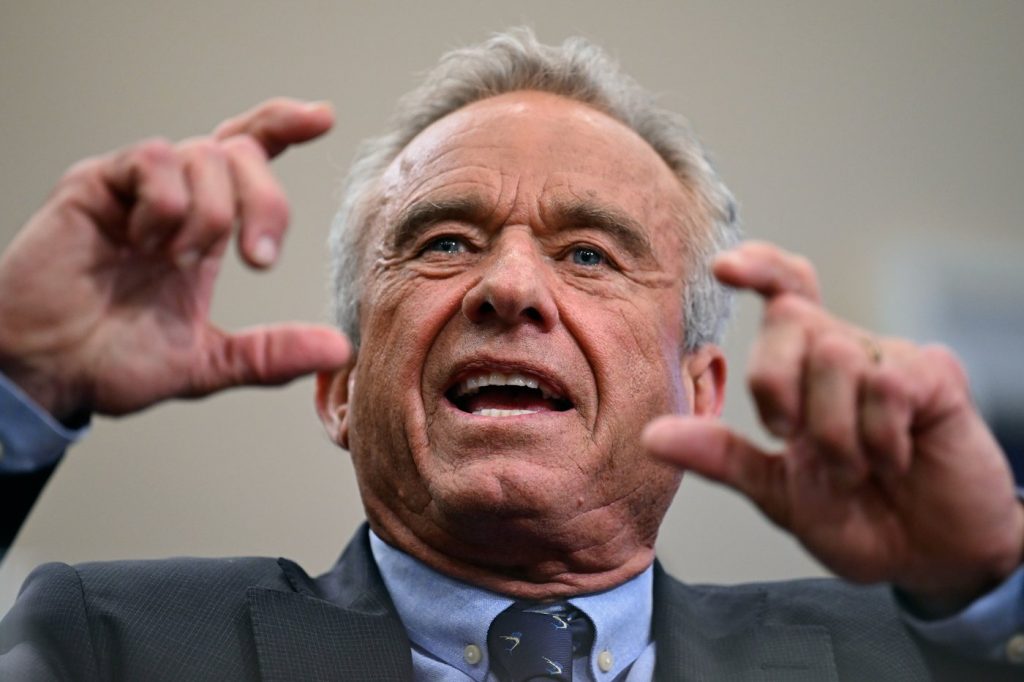At a speech in Riyadh, President Donald Trump addressed an audience that included Saudi royalty and American billionaires, condemning what he referred to as past U.S. interference in the Gulf states. Speaking at a Saudi investment forum, Trump remarked, “Gone are the days when American officials would fly to the Middle East to give you lectures on how to live, and how to govern your own affairs.” His comments were particularly noted by Saudi Arabia's Crown Prince Mohammed bin Salman, who was seated in the front row and listened intently.
Among those listening were ordinary Arabs, including Saudi journalists, rights advocates, and others who had fled the kingdom due to fears of government repression. They expressed concern that Trump’s remarks signaled a retreat by the U.S. from its historical role as a sometimes inconsistent yet formidable advocate for human rights around the world. Abdullah Alaoudh, whose father, a prominent cleric, is among many jailed in Saudi Arabia, voiced the pain of seeing Trump address the crown prince directly, stating, “the person who tortured my father, who has banned my family from leaving the kingdom.”
Despite some releases of political prisoners following international pressure, many activists remain imprisoned, including Alaoudh’s father, Salman Alaoudh. The U.S. State Department maintained that Trump's discussions with Gulf leaders were private, and a White House spokeswoman emphasized the growth of the U.S.-Saudi partnership rather than addressing human rights concerns during the trip, which also included visits to Qatar and the United Arab Emirates.
Human rights considerations received diminished attention during Trump’s visit compared to typical U.S. interactions with autocratic regimes. Although some human rights groups raised concerns regarding the Gulf states, they were less vocal than in previous instances. Many Saudi exiles in the U.S. refrained from commenting publicly, a notable change that aligns with fears of potential reprisals against families still residing in Saudi Arabia.
A Florida resident named Ibrahim Almadi highlighted the struggle he faced trying to gain U.S. officials' attention for his father, who was imprisoned in Saudi Arabia for criticizing the government on social media. Almadi stated, “It is a love relationship between Trump and MBS,” implying that a mere mention of his father's plight to Trump could result in his release.
As some Saudi activists retreat from public forums, the organization founded by journalist Jamal Khashoggi advises caution for Arabs with uncertain immigration status in the U.S. Whitson, the executive director, warned that current circumstances require vigilance regarding travel and public commentary due to the fear of deportation or detention.
The U.S. intelligence community has established that Crown Prince Mohammed bin Salman oversaw the 2018 assassination of Khashoggi, an assertion he continues to deny. When President Biden assumed office, he initially promised to hold Saudi royals accountable for Khashoggi's murder. However, rising gasoline prices in 2022 prompted him to visit the oil-rich kingdom, where he famously exchanged an awkward fist bump with the prince.
During his second term, Trump has tightened his alliance with Gulf leaders, seeking substantial investments while promoting significant business ventures in the region that involve his family. In what many view as an effort to improve relations, the crown prince has facilitated the release of some prisoners previously held for advocating women's rights and for openly criticizing governmental policies. Nevertheless, thousands still languish in prison, and many others face exit bans, thus demonstrating that significant gaps remain in the human rights landscape within Saudi Arabia.
The muted response to human rights concerns during Trump’s visit is also attributed to perceived deterioration in the U.S.'s own human rights image. Activist Sarah Leah Whitson noted that the credibility needed for the U.S. to criticize others’ human rights records is lacking at present, referencing the U.S. military support to Israel amid civilian casualties in Gaza. Whitson stated, “The United States does not have the moral standing, the legal standing, the credibility to be chastising another country at this moment in time.”












